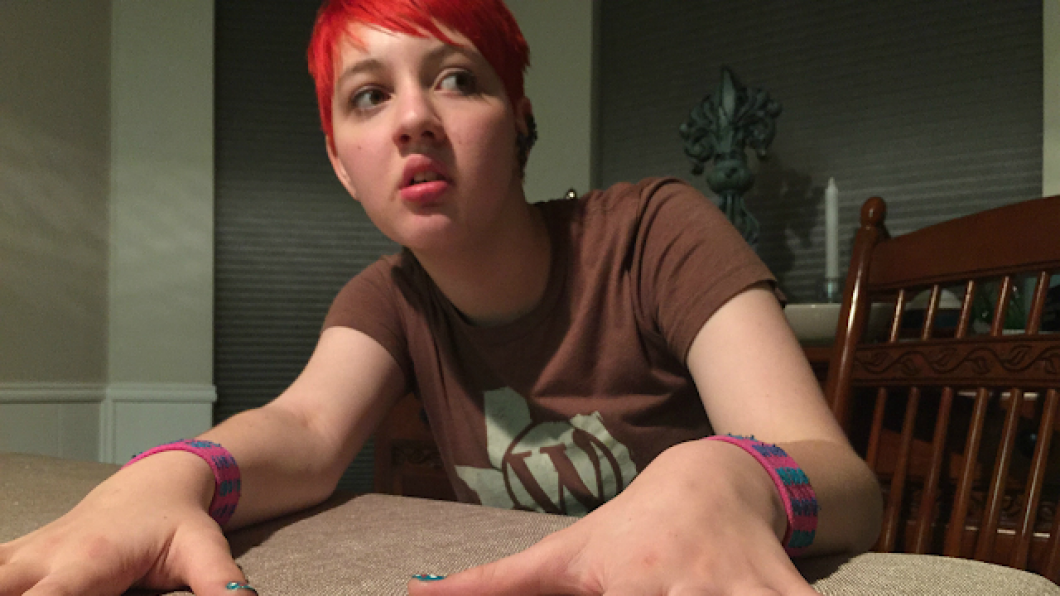
Disability doesn't just take, it gives
By Louise Kinross
Might Have Been by Rob Rummel-Hudson is a post every parent of a child with a disability can identify with.
You'll read it today on Support for Special Needs, and your heart will begin to ache.
Because you'll hear Rob, who wrote Schuyler's Monster: A Father's Journey With His Wordless Daughter, describing you, and your thoughts about what might have been had things been different for your child.
It's a place you don't like to go, Rob notes, and it's filled with guilt and shame, not the least of which is that it's tied up with every parent's deepest fear that somehow they are responsible for their child's disability.
Rob's piece is so honest and wise.
There's this part: "I think about what her voice might sound like, and the amazing things she might have to express with that sweet voice. I wonder if she would have a Texas accent (she totally would, y'all) or if her speech would be peppered with "ums" and "likes." I wonder what kind of writer she'd be if her understanding of language and the world were more complete...Would she be driving a car now? Would she have a boyfriend or a girlfriend? Or a close and equal friend at all, for that matter?"
Then he goes on to describe Schuyler's cousin, who "is younger by two weeks. In many ways, he provides an unspoken, mostly unacknowledged benchmark by which her alternate self might be tracked. We almost never discuss it, even with each other, but with every milestone he achieves, with every academic advancement and musical accomplishment, with every typical mile marker he passes, we feel it just a little. There but for the vindictiveness of God goes she."
Yup, you may be thinking, I've done that too, compared my child to a relative of a similar age.
But here's where things get interesting.
Rob's been on this path long enough that he's hit on a truth about parenting kids who are different. "Might Have Been isn't just an a**hole," he writes. "It's a fiction."
Because our kids' differences don't just take things away from them, they are generative. "It changes everything about how she thinks and how she processes the world around her," he writes. "Those different paths are hard for her teachers and friends and even family to understand, and impossible for us to travel. But they are her paths, and they are beautiful."
This reminds me of a presentation I gave to our research summer students a couple of weeks ago. It was called "What do you see?" and it's about how what we see in children with disabilities is a choice. We can choose to focus on what isn't (on what a child can't do in a typical way) or we can choose to focus on what is, and what is, in a human being, no matter what their ability, is immense.
In the case of his daughter Schuyler, Rob writes: "Schuyler is, by a country mile, the happiest human being I know. And it's not because she doesn't know any better. It's because she does. She gets the beautiful parts of the world, while I often only see the pain and the cruelty that it holds for her and for us all, I guess. Schuyler holds on to the aspects of the world that she cherishes, and she tries very hard to throw away the rest."
I think Rob has hit on the beauty and value and completeness that emanate from a different path in life. We see these qualities in our kids, ones that we cherish and marvel at, and that we struggle to articulate to the outside world, qualities that can't be separated from our kid's unique way of being in the world, which includes disability.
Hop over to Rob's Might Have Been and get ready for some exquisite writing.